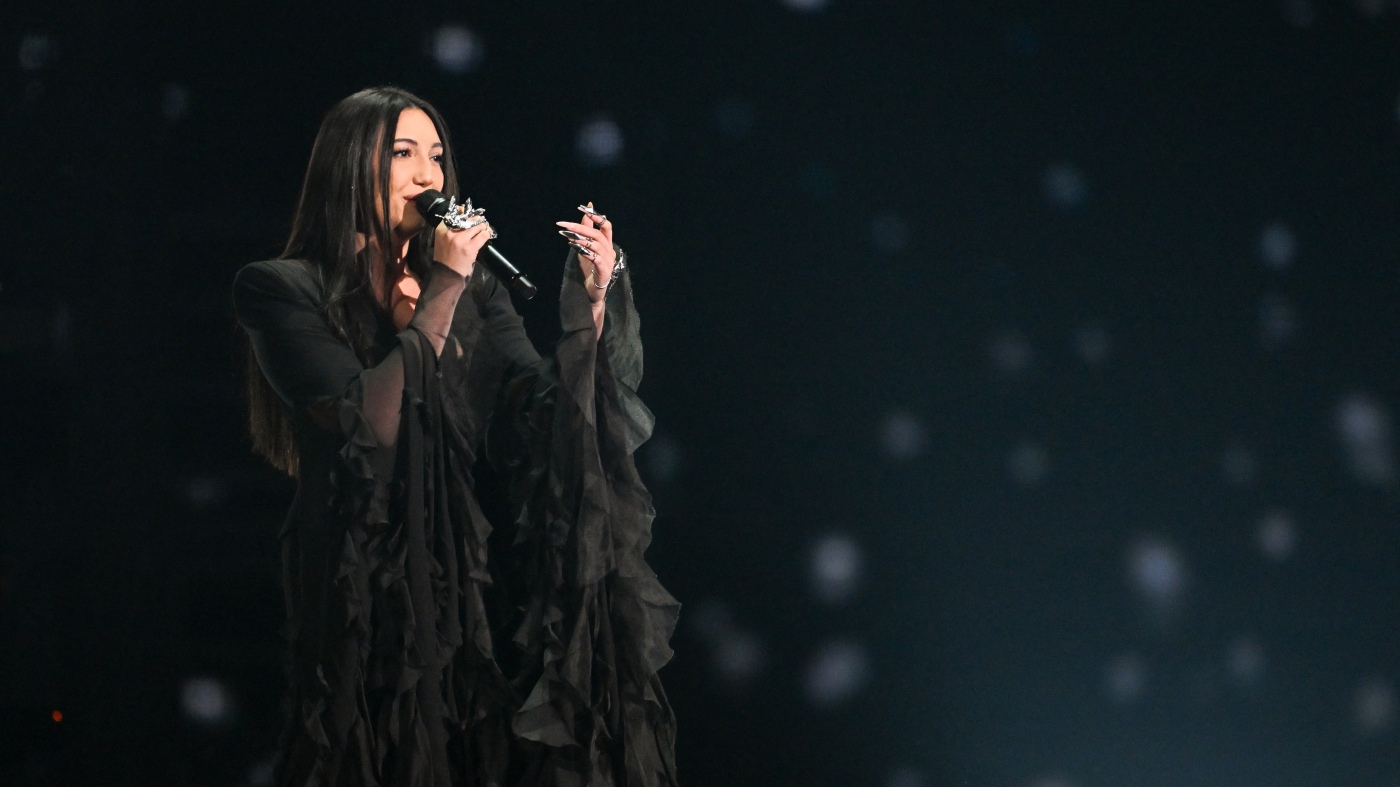The Journey of Yuval Raphael: Resilience Transformed into Artistic Triumph
From Trauma to Music: A Healing Journey
Yuval Raphael’s path from tragedy to triumph paints a vivid portrait of human resilience. At just 24, she survived the harrowing Hamas-led attack at Israel’s Nova music festival on October 7, 2023—a brutal strike that claimed 378 civilian lives and left deep psychological wounds. Rather than being defined by trauma, Raphael transformed her pain into purpose through music. Hiding under the fallen in a bomb shelter during the chaos, she did not allow the darkness to extinguish her spirit. Instead, she channeled her experience into a powerful narrative of healing and hope, using melody and lyrics as a therapeutic form of expression.
Her story defies the typical trajectory of trauma victims and highlights a profound dynamic: music as a pathway not just to personal recovery, but also to collective emotional resonance. This intersection of personal survival and artistic creation sets her apart as more than just a musician—it positions her as a symbol of endurance, making her journey uniquely compelling in both the cultural and human dimensions.
Rising Star: From National Recognition to International Spotlight
Yuval Raphael’s meteoric rise after the Nova festival attack is testament to her talent and the public’s connection to her story. Winning HaKokhav Haba, Israel’s sought-after singing competition with a format relying on public voting, elevated her from survivor to national representative. This victory was not only a recognition of her vocal abilities but equally of her personal narrative that resonates widely—infusing her art with authenticity and emotional gravity.
Her Eurovision entry, “New Day Will Rise,” is emblematic of her transformative journey. The song’s themes of renewal and hope are more than artistic choices; they serve as a microcosm of her life’s new chapter. This pop ballad channels optimism amid darkness, inviting listeners into a shared emotional space where trauma gives way to healing and new beginnings. The song’s reception, both nationally and internationally, underscores the power of narrative in music—how a deeply personal story can attain universal meaning, drawing listeners into empathy and solidarity.
Navigating Controversy: The Intersection of Art and Politics
Israel’s participation in the Eurovision Song Contest has always been loaded with political undercurrents, but Raphael’s selection amidst ongoing conflict with Hamas, particularly so soon after a devastating attack, has sparked significant controversy. Public protests and threats in Basel, Switzerland—where the contest is held—reflect how fraught the geopolitical backdrop is. Her presence on the Eurovision stage is inevitably entangled with political narratives beyond the music itself.
Raphael’s preparedness to face adverse reactions, including practicing responses to potential boos, reveals her professionalism and emotional fortitude. This readiness speaks to the challenges artists often face when they become inadvertent symbols in larger socio-political conflicts. Her role transcends musical performance—it becomes a statement of survival, courage, and personal integrity in the face of public polarization. The contention surrounding her participation frames Eurovision not merely as a music competition but as a stage where broader cultural and political dialogues unfold.
Eurovision as a Cultural Mirror: Unity in Diversity Amid Division
Eurovision’s long-standing mission has been promoting cultural exchange, unity, and diversity through the universality of music. Raphael’s participation during such a politically sensitive moment adds layers of complexity, turning the contest into a site where art and conflict intersect dynamically. For Israel, her representation is not simply about contesting for victory but about presenting a human story that personalizes the impact of ongoing conflict, evoking empathy rather than division.
Her qualification for the grand final alongside entrants from Austria and Malta highlights her broad appeal and vocal prowess, underscoring the power of music to transcend geopolitical tensions. The contest, often a melting pot of cultures and narratives, becomes a platform where individuals like Raphael bring nuanced stories of survival and optimism into a global spotlight—reminding audiences that beyond politics, there’s a shared humanity communicated through song.
A Voice That Transcends: Legacy of Hope and Resilience
Yuval Raphael’s journey is a testament to the transformative power of art amid adversity. From a survivor hiding amid chaos at the Nova festival to a symbol of hope on one of Europe’s largest musical stages, her story crystallizes the resilience of the human spirit. Her music carries a message that goes beyond national representation—embracing universal themes of renewal, courage, and the enduring capacity to find light after darkness.
As Eurovision 2025 unfolds, Raphael’s performance will likely resonate far beyond scores and rankings. It will stand as a powerful reminder of how personal narratives intertwined with artistic expression can inspire healing and unity. In her voice rises not only a new day but also the compelling potential of music to bind people through shared experience, forging connections that surpass conflict and invite collective hope.











